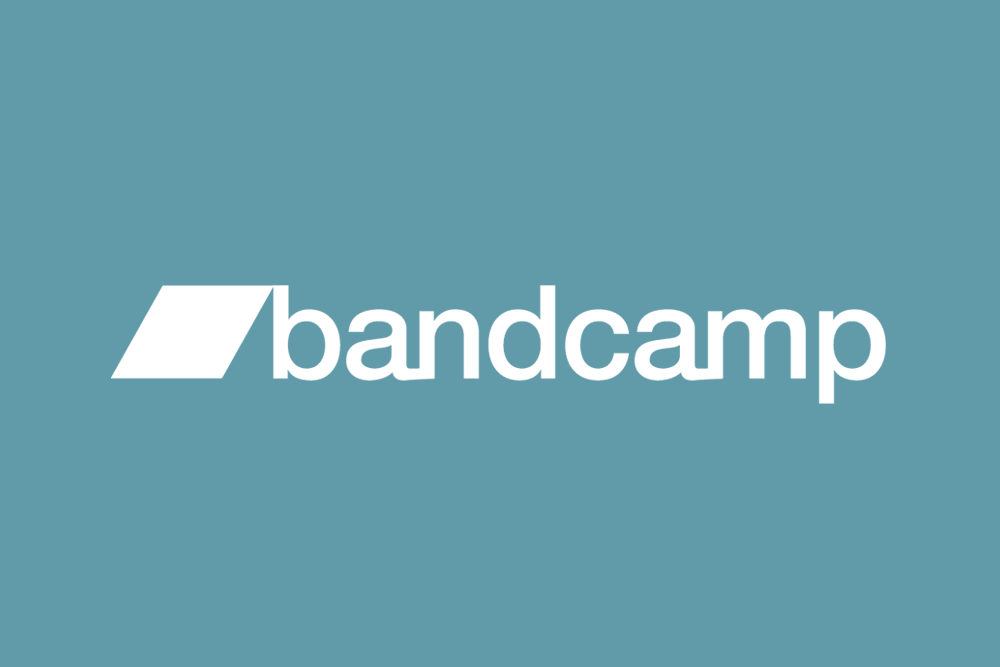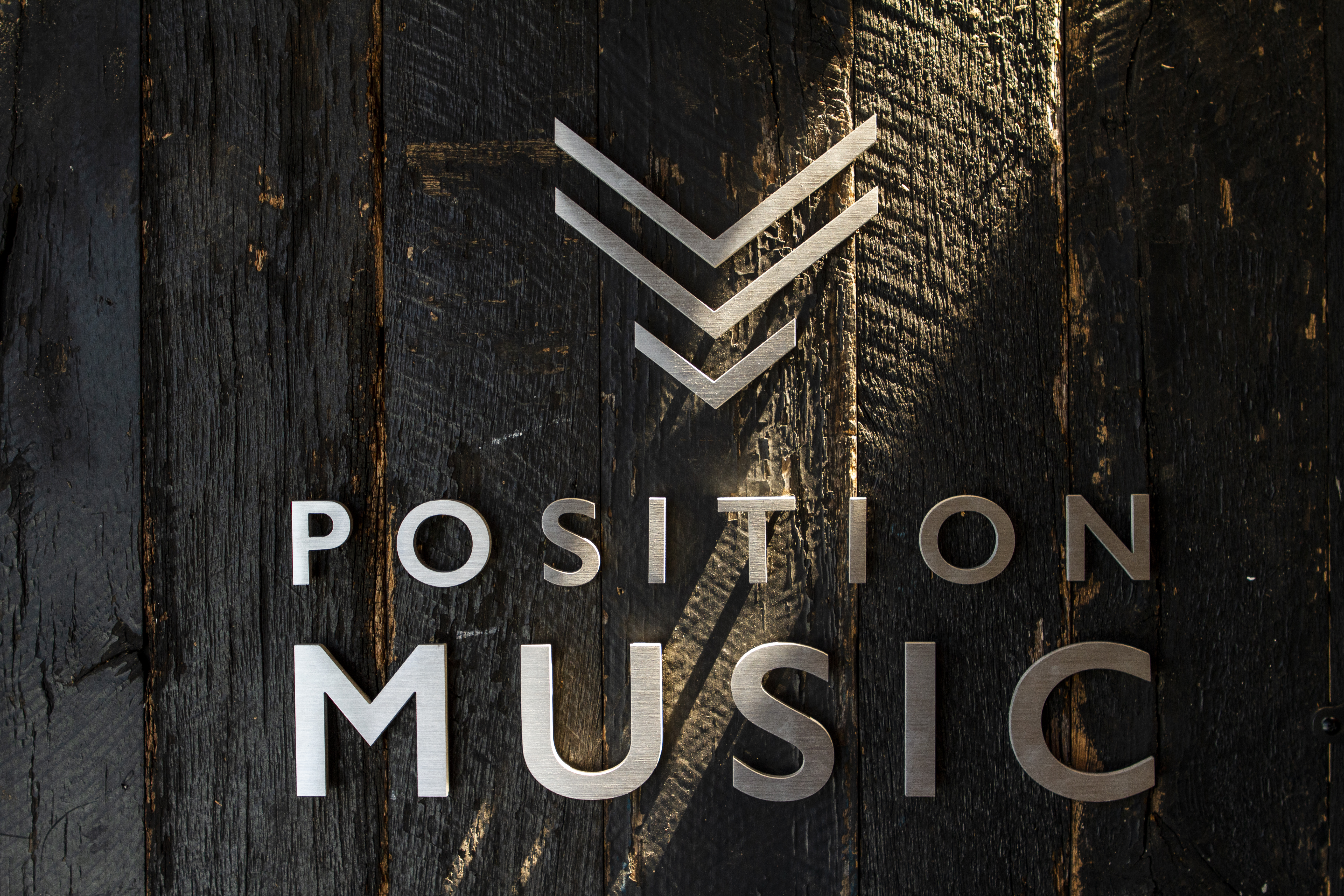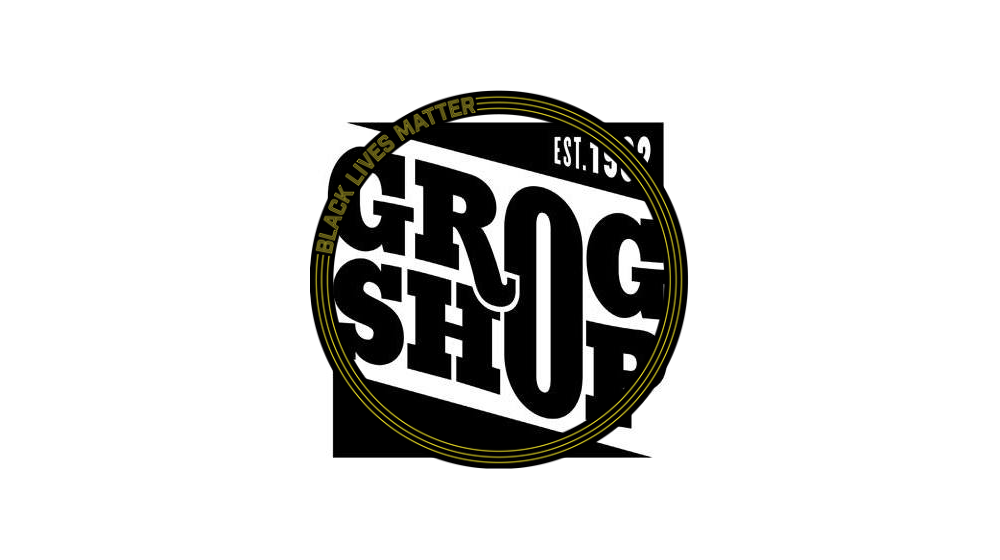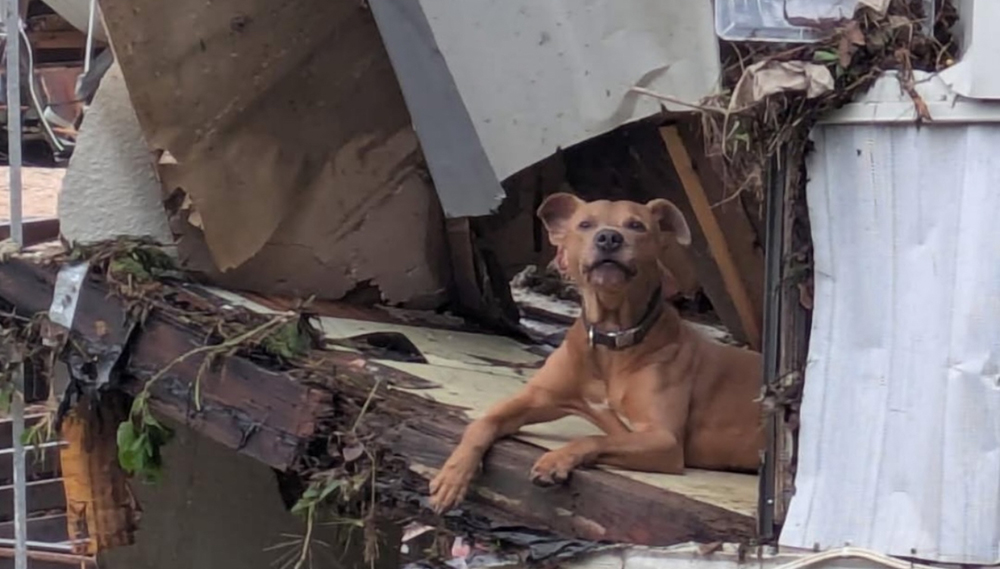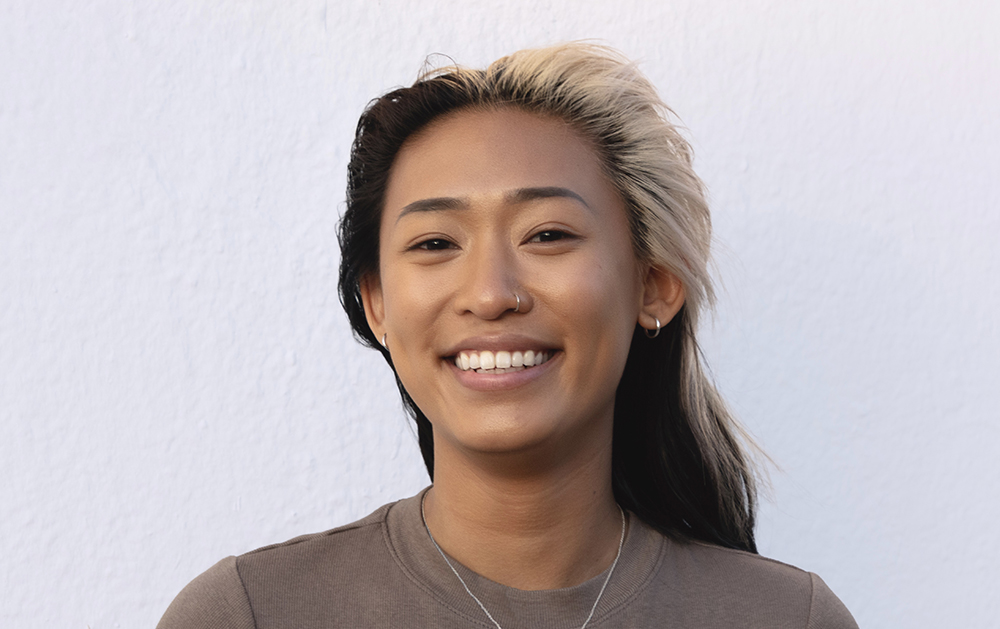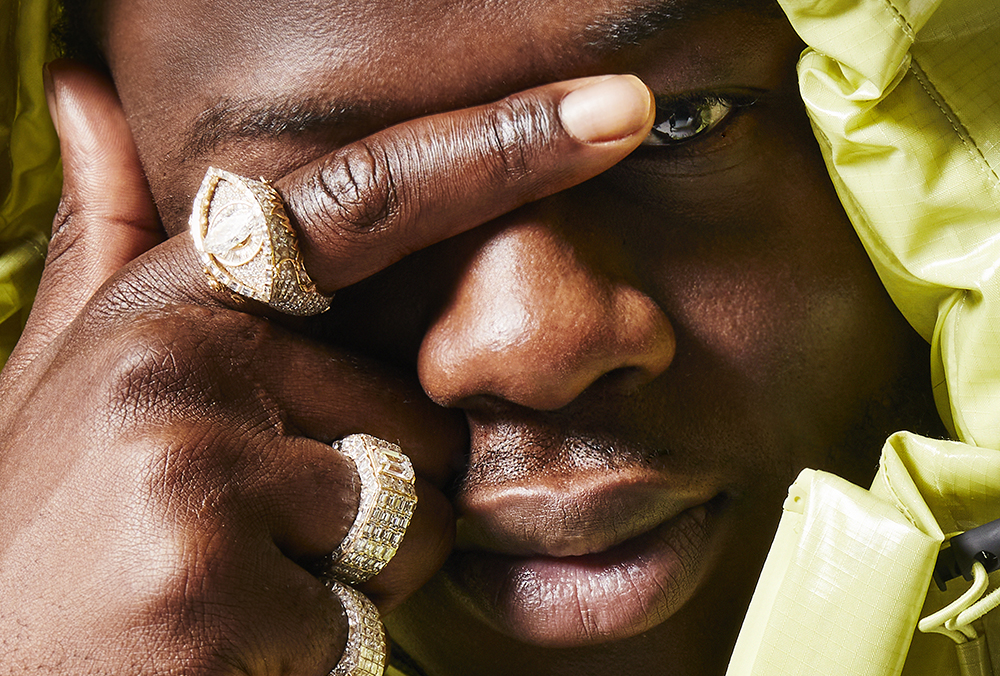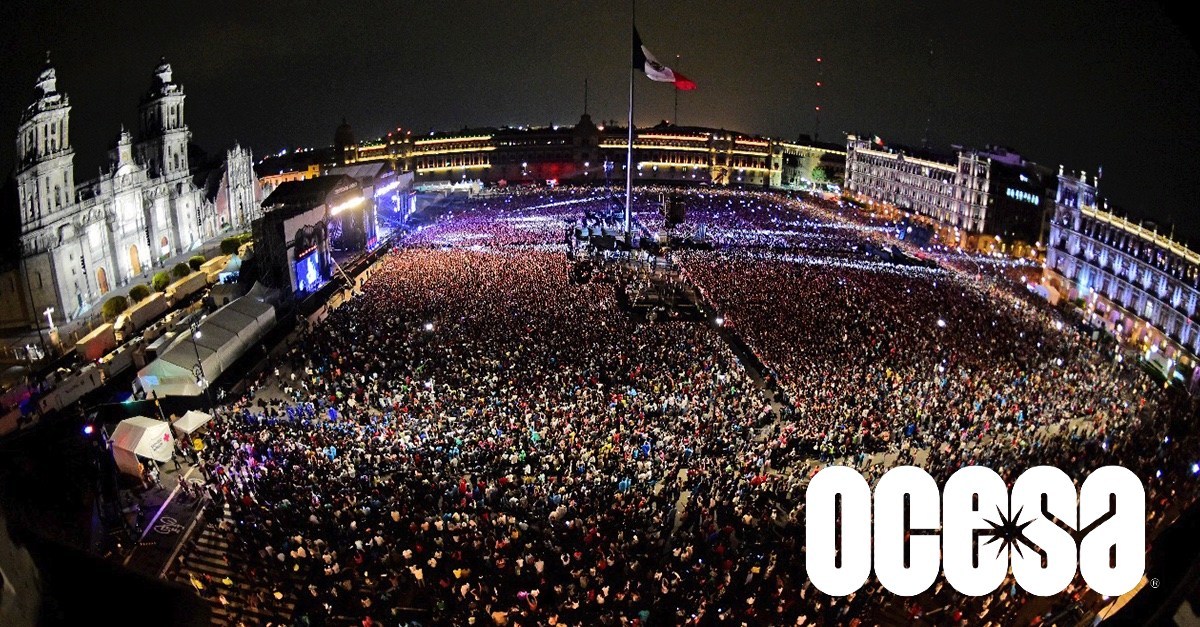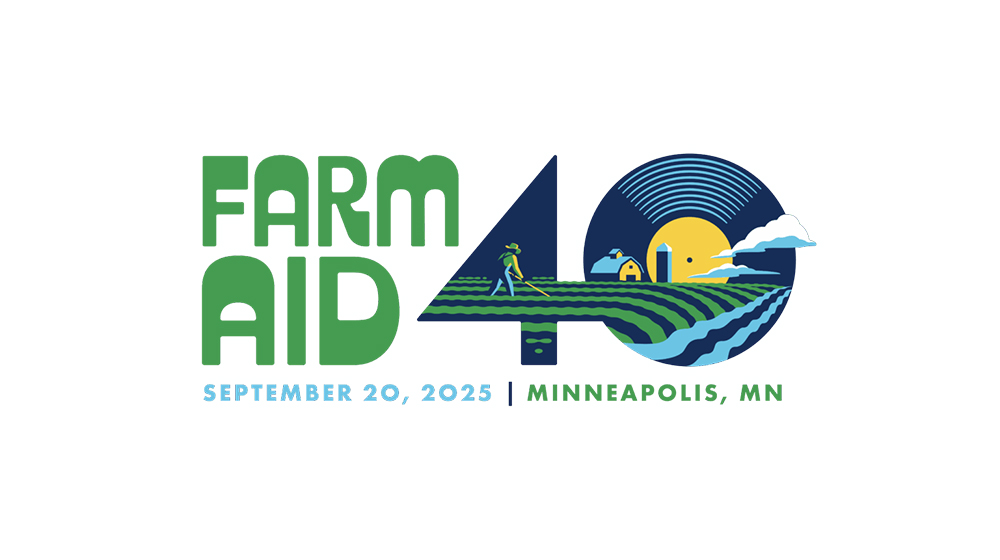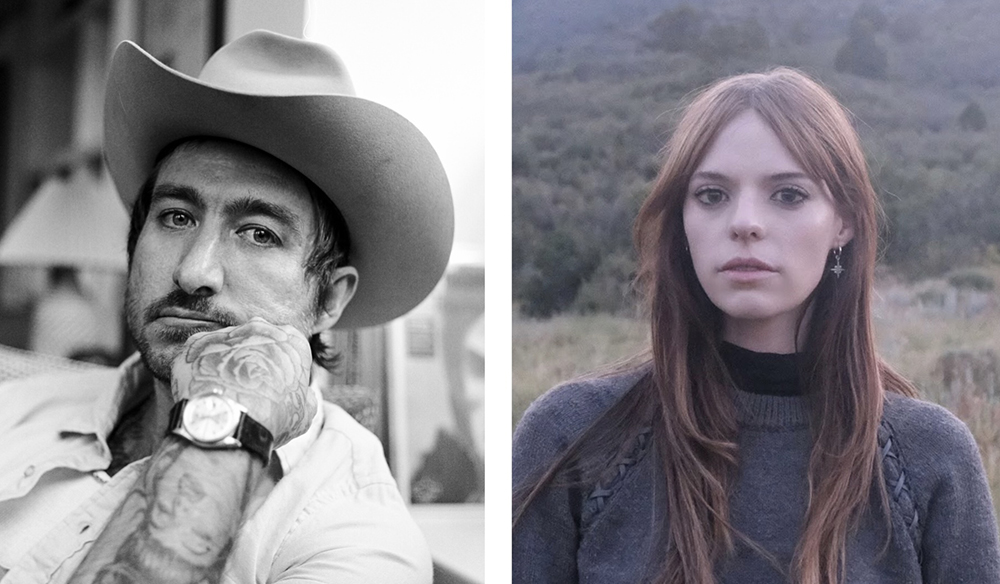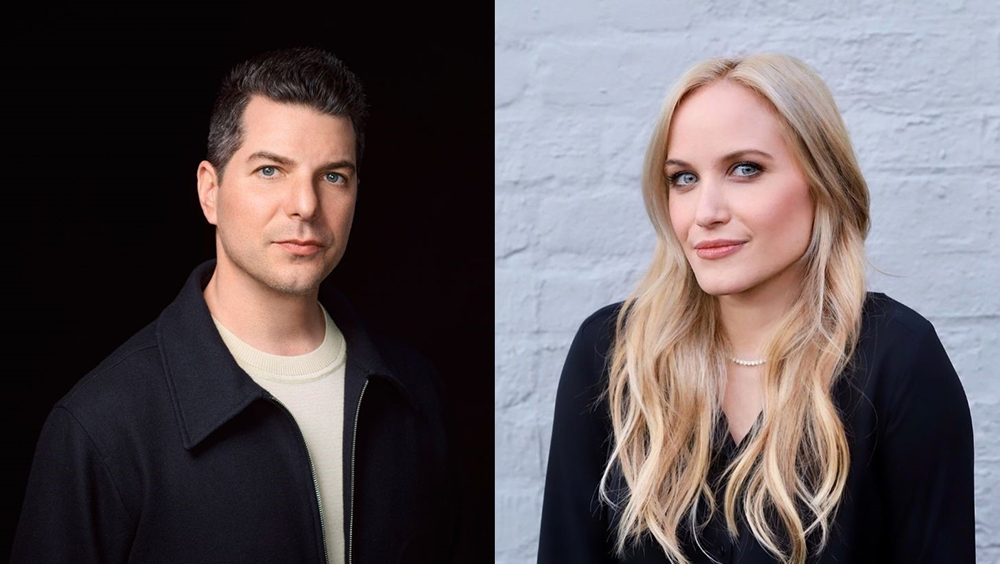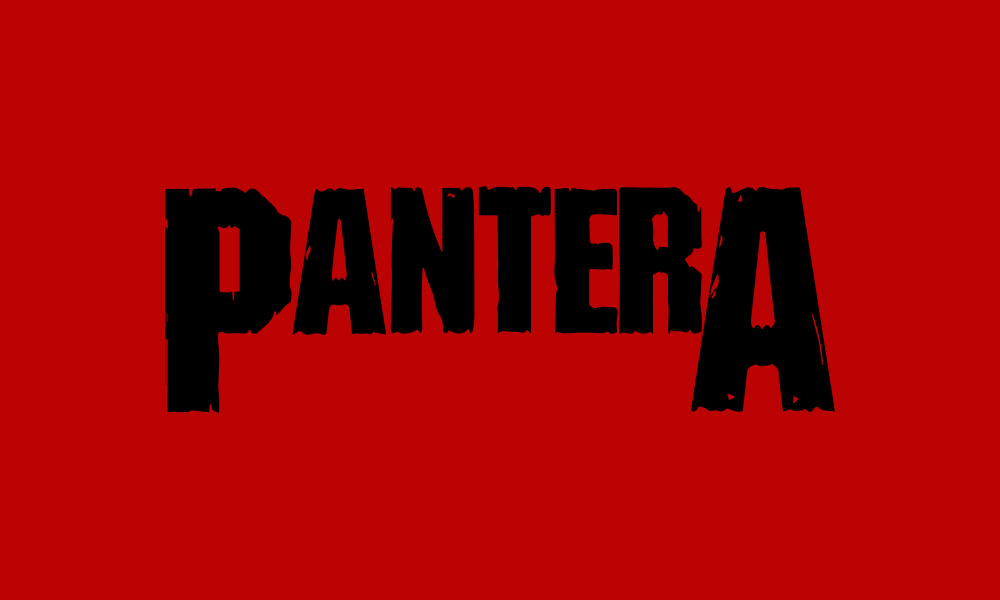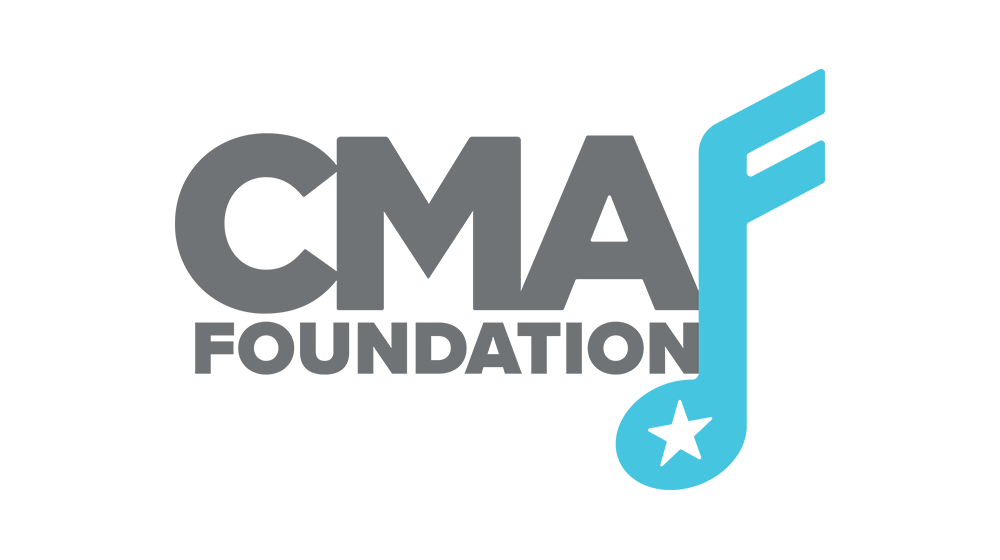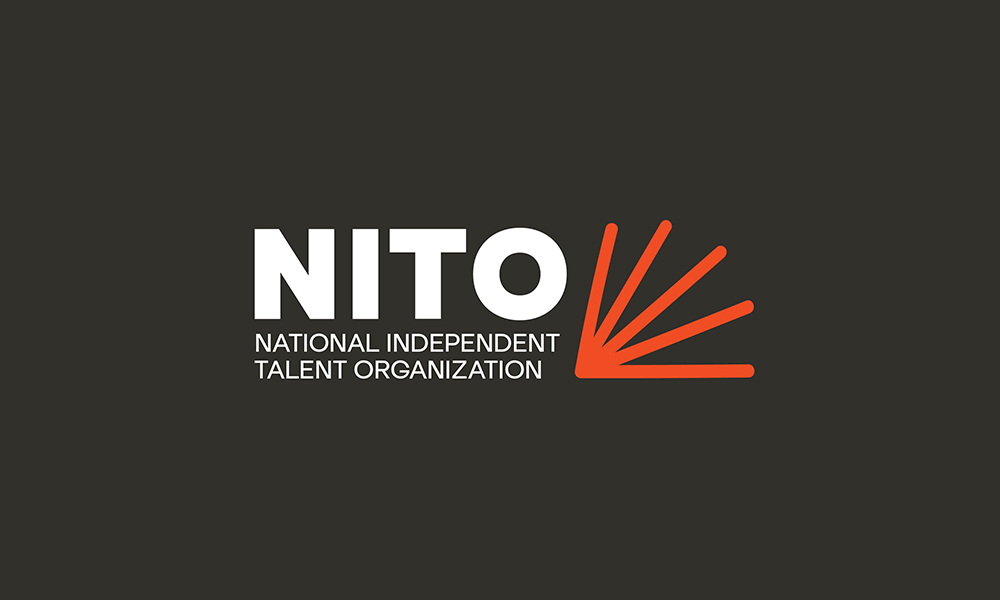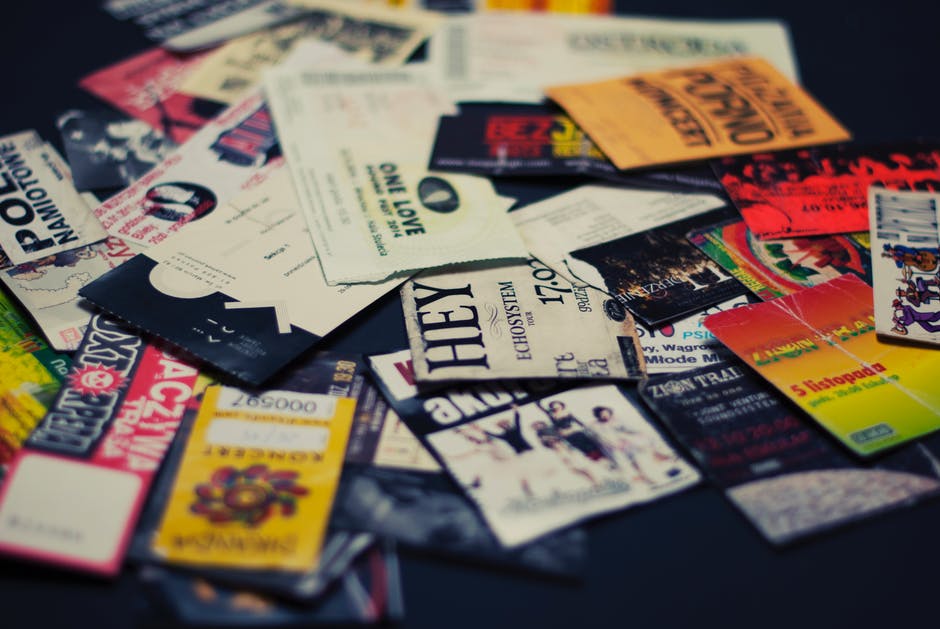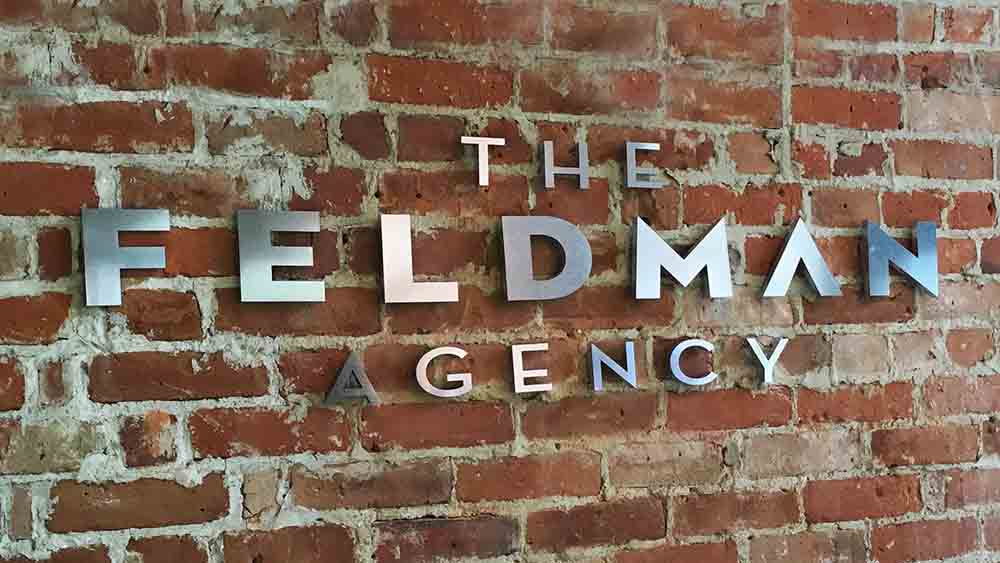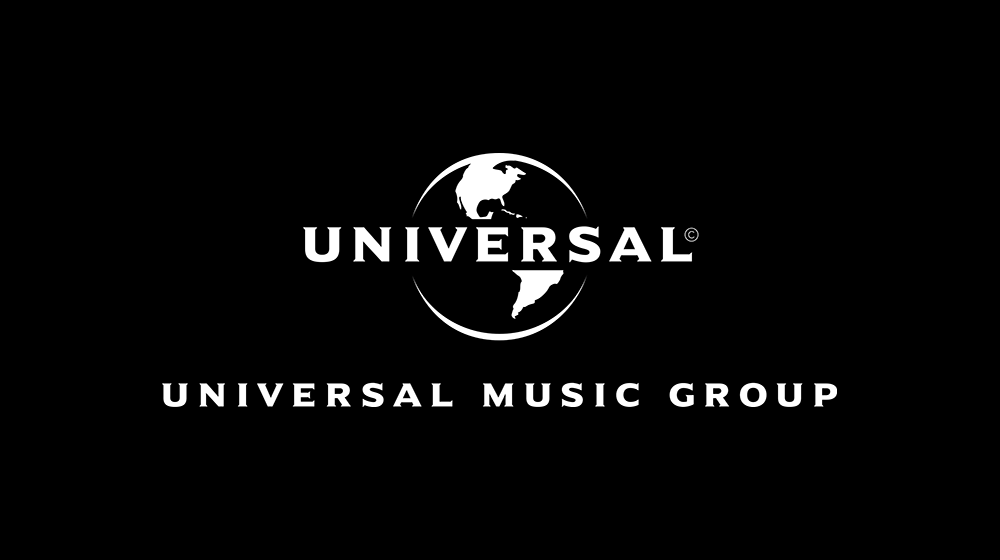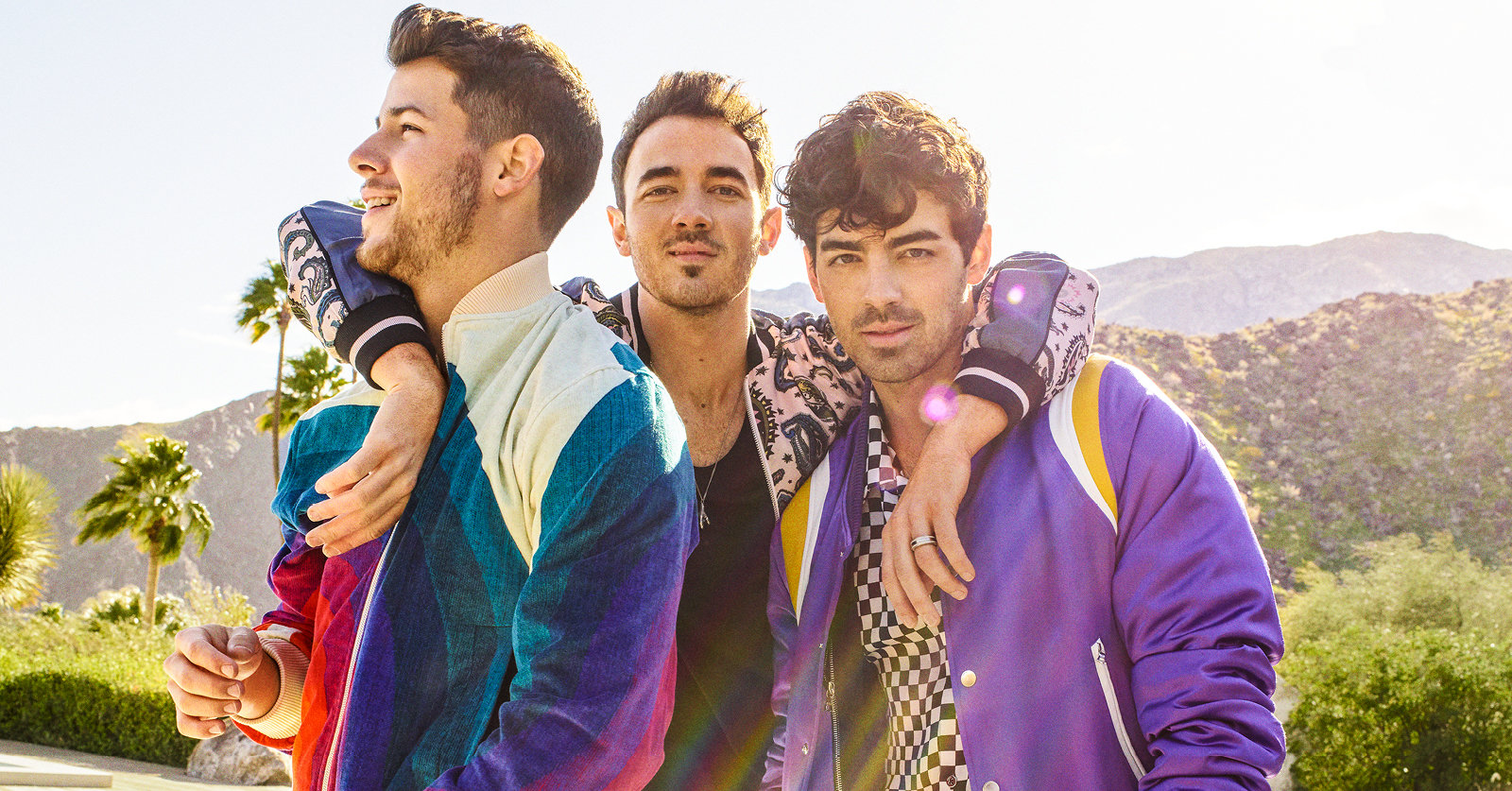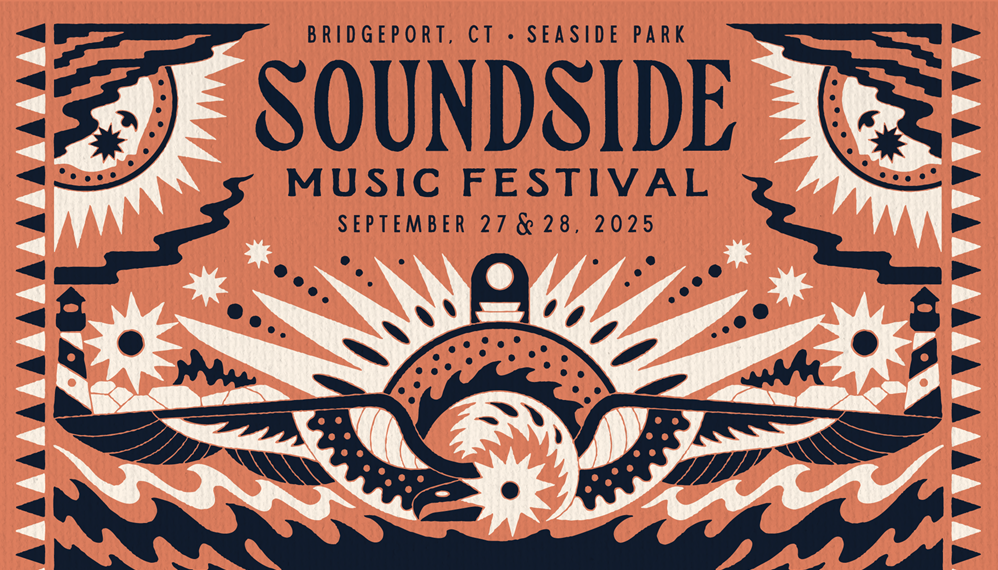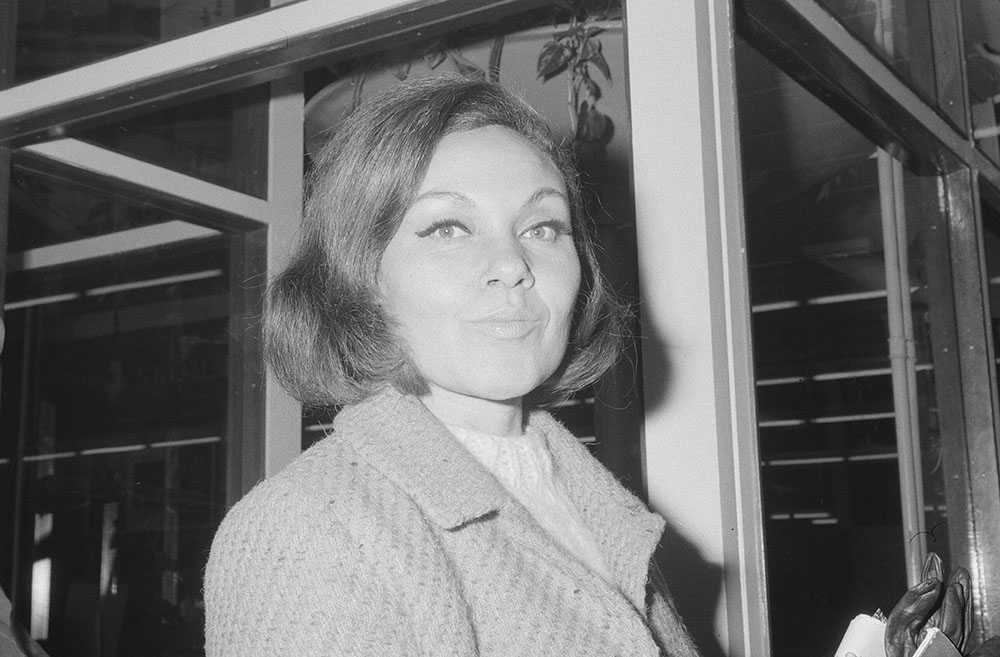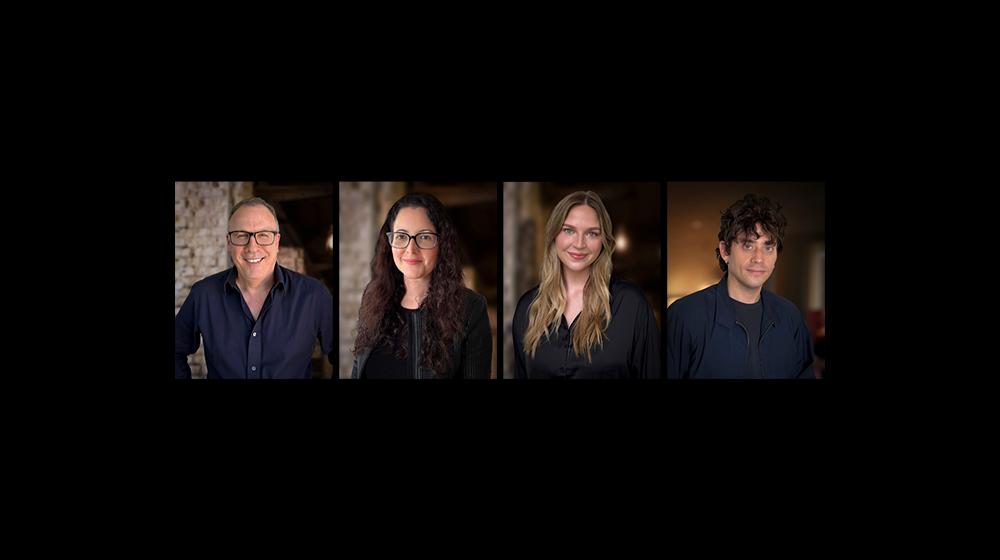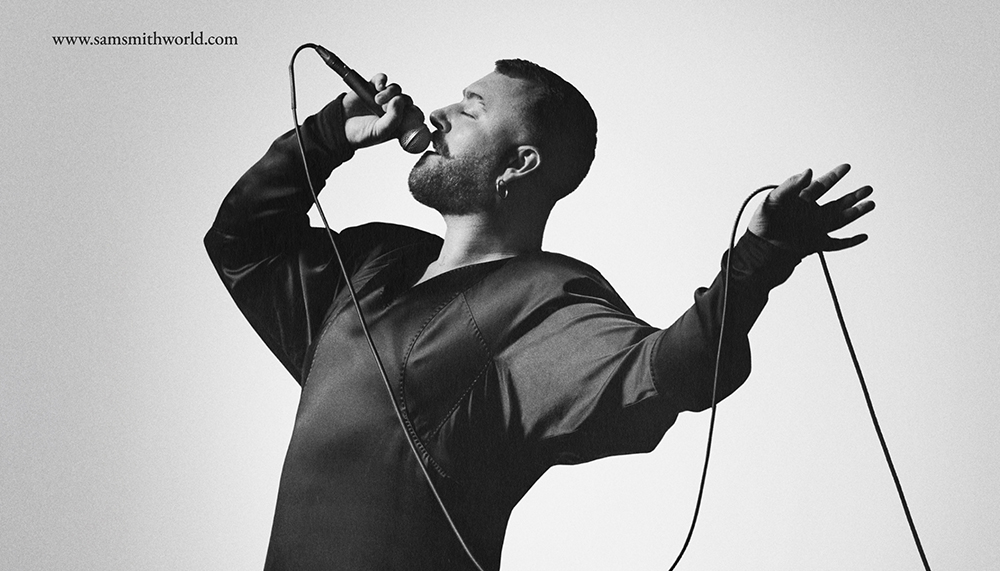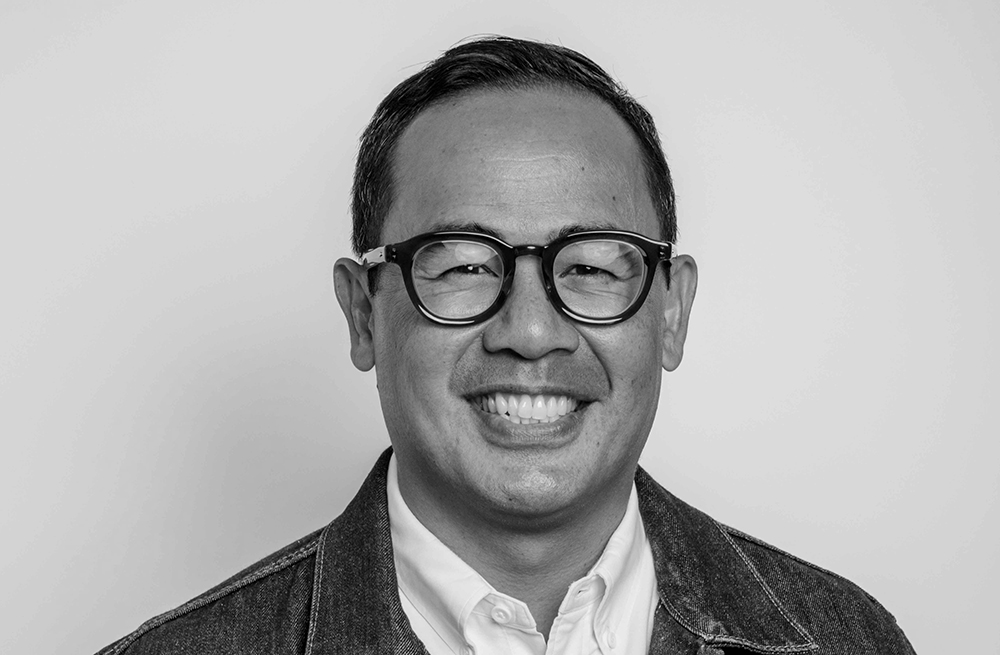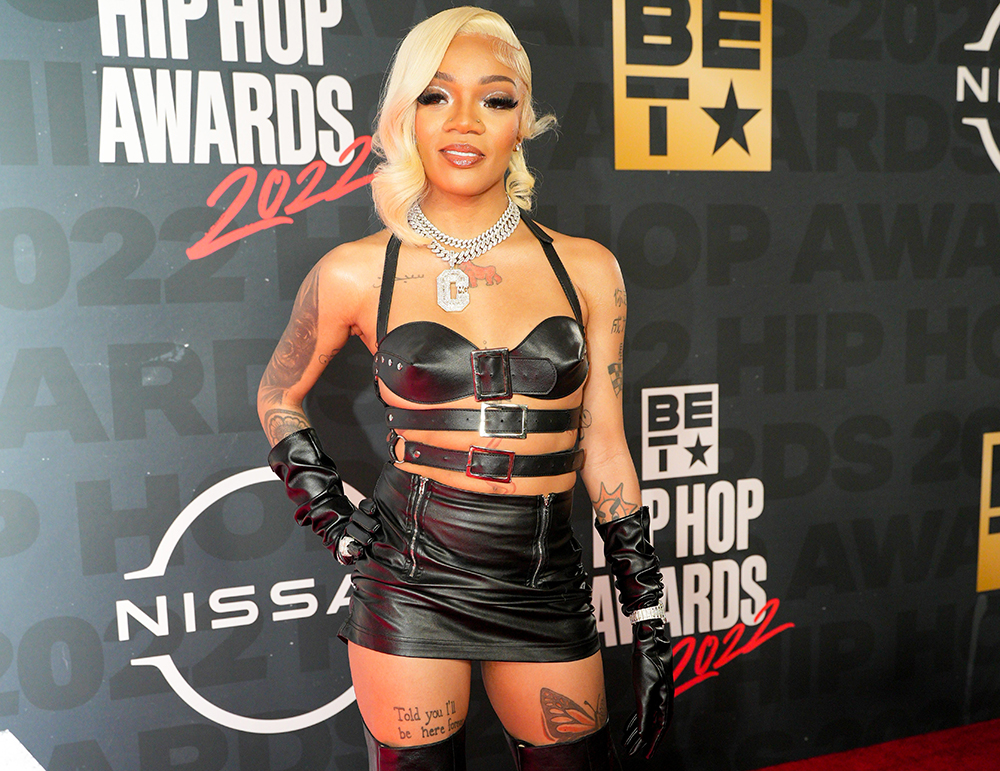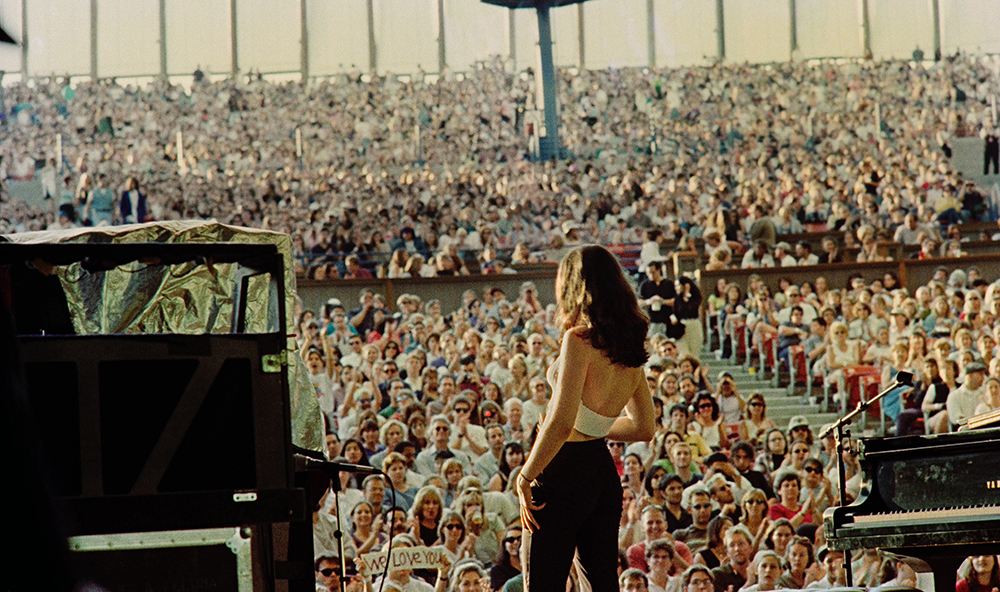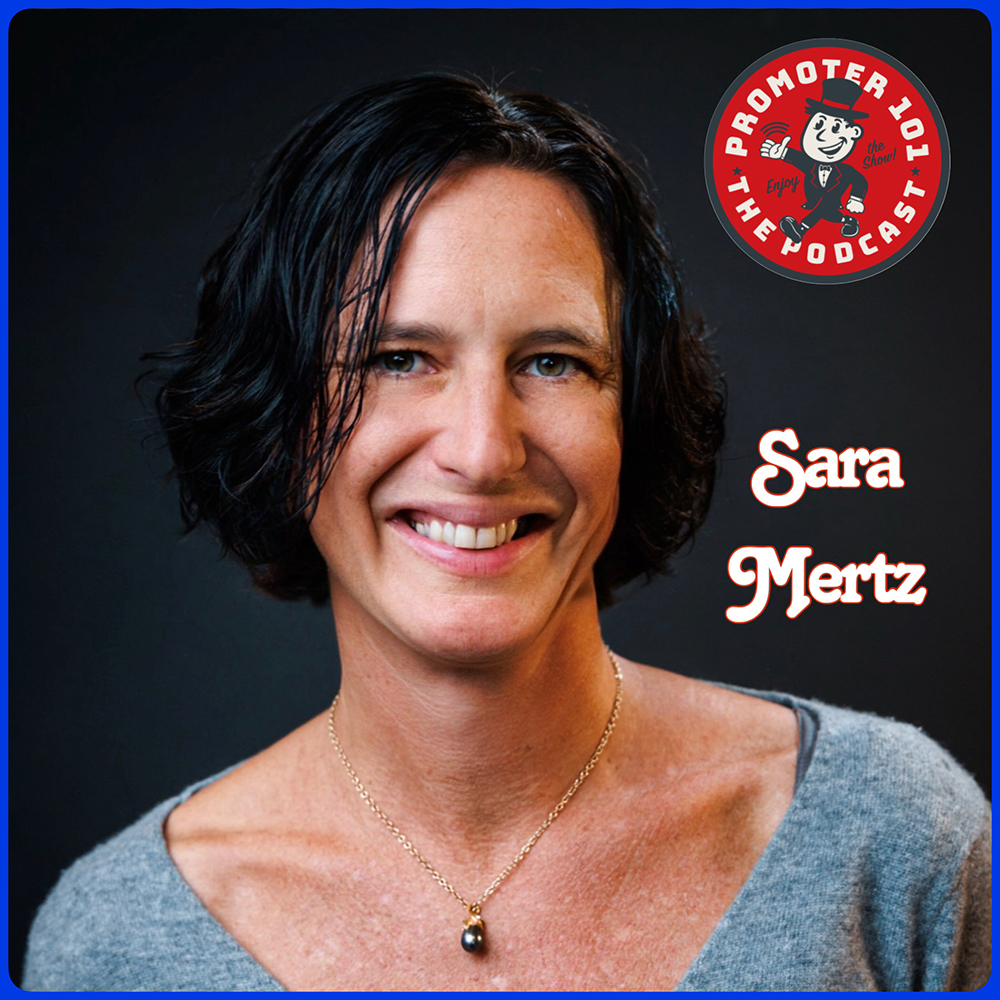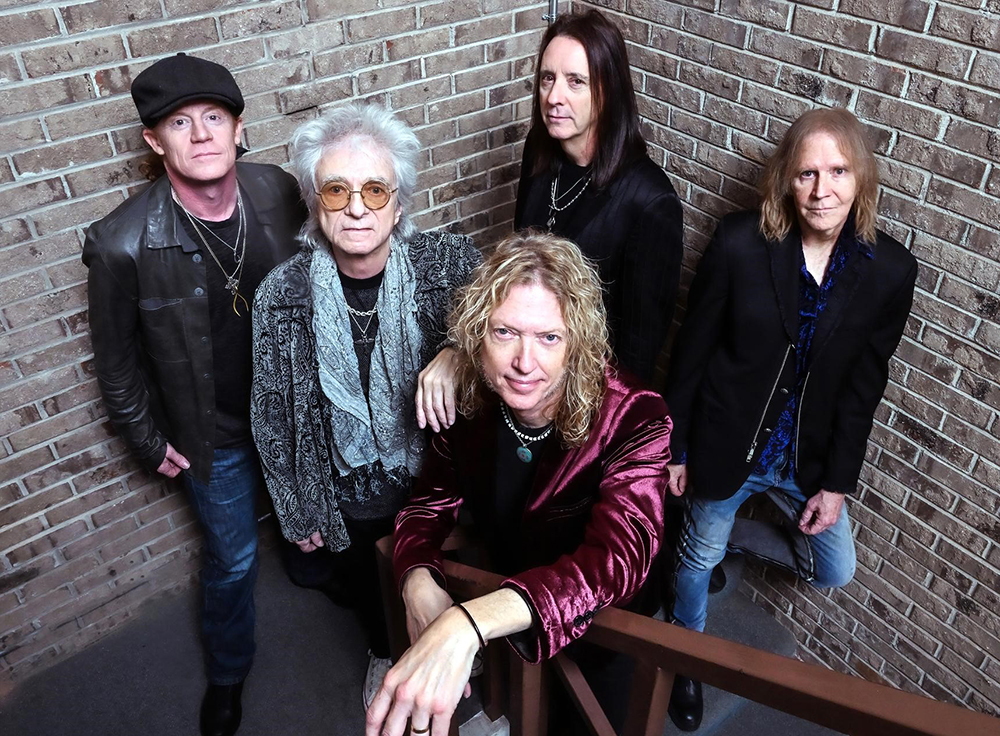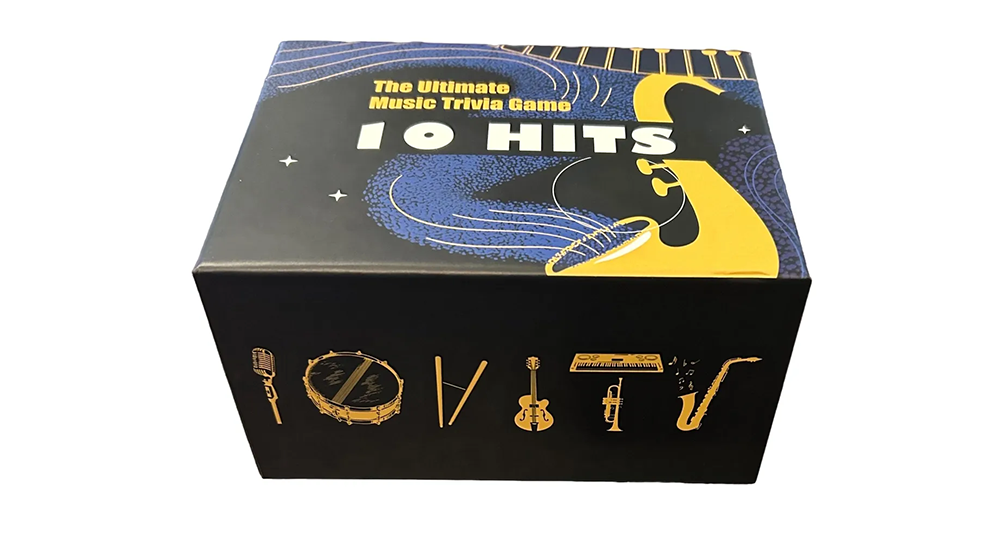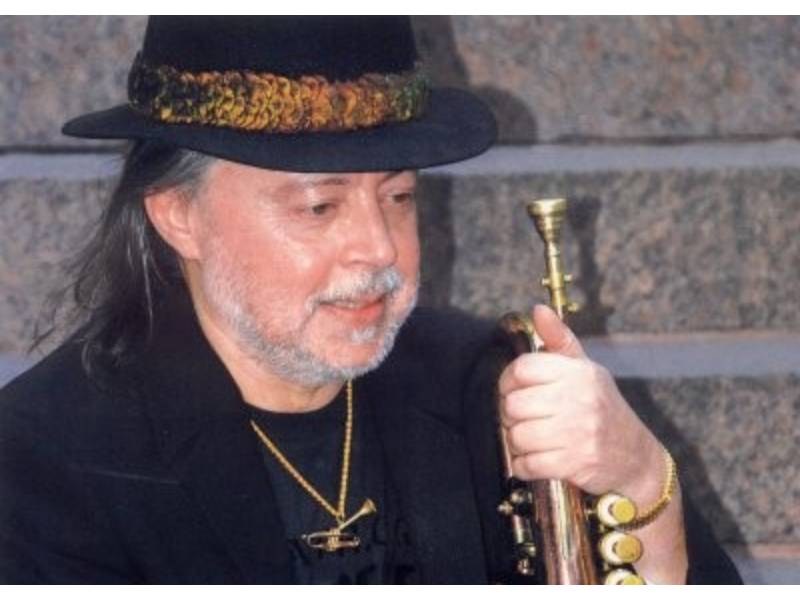
LONDON (Hypebot) –
Billy Bragg has been one of the UK's most politically active and outspoken musicians for several decades. Now in an open letter first published in The Guardian, Bragg weighs in on the current three-strikes controversy and offers his own alternatives. Like the talented songwriter that he is, Bragg starts with the hook:
The only way to tackle illegal filesharing is not suppression, but to offer reliable, easy to use, fairly priced alternativesLast week the Featured Artists Coalition (FAC) convened a meeting of artists at Air Studios in London with the intention of seeking common ground on the issue of what to do about illegal filesharing before the end of the government's consultation period, which has now closed.
The statement that we produced is the first real sign that artists are ready and willing to become involved in the debate about the shape of the new digital music industry. There were many views in the room, from those who wished to disconnect illegal downloaders, to those who believed that there was no technical solution to the loss of revenue that the recording industry is experiencing.
Despite our differences of opinion, we were able to agree on bandwidth restriction as final sanction for egregious offenders. We held back from suspension of internet accounts because we felt it was disproportionate and punitive, but most of all, we held back because we didn't believe it was in the best interests of our profession.
The suppression of illegal filesharing is a long-term, highly expensive, technologically fraught strategy with serious implications for personal privacy. It is questionable whether any of the money saved will ever find its way to the artists who have suffered loss of income.
While the recording industry continues to make threatening noises towards kids who swap music files among themselves, our real enemies, the illegal download sites that make money giving our music away for free, are disappearing off the radar into darknets.
This is a war that no one can win.
As the pirates always manage to stay one step ahead of the latest clampdown, the recording industry will continue to ask legislators for ever tighter sanctions, leading ultimately to an internet controlled by and for big business, which can only be accessed by those willing to pay.
The loss to the creative community would be catastrophic. The internet has made it possible for individual artists to make, distribute and promote their own works with the active support of P2P networks. For new artists to flourish, it is vital that the internet remain free to all.
We believe that this sense of freedom is the key to constructing a viable digital business model for the recording industry. The successful music sites such as MySpace, YouTube and Spotify all offer free access. The next step is to create "feels like free" services. We need legal networks licensed by record companies that give users access to all the music they want for a subscription fee. We need P2P communities that spread the word for new artists while offering advertising platforms so that an artist whose work is downloaded can receive reciprocal payment from advertising revenue.
Artists must be prepared to work with the record industry and with legislators on a program of education aimed at increasing awareness of the damaging aspects of illegal downloading on the livelihoods of the creative community and those who work with us to produce our work.
However, we will not be able to marginalize the pirates until we can offer accessible, easy to use, fairly priced alternative business models that people will actually want to buy their music from. While we may never be able to sink The Pirate Bay, the challenge we face is to make it look boring, shoddy and unreliable.
– Billy Bragg




















